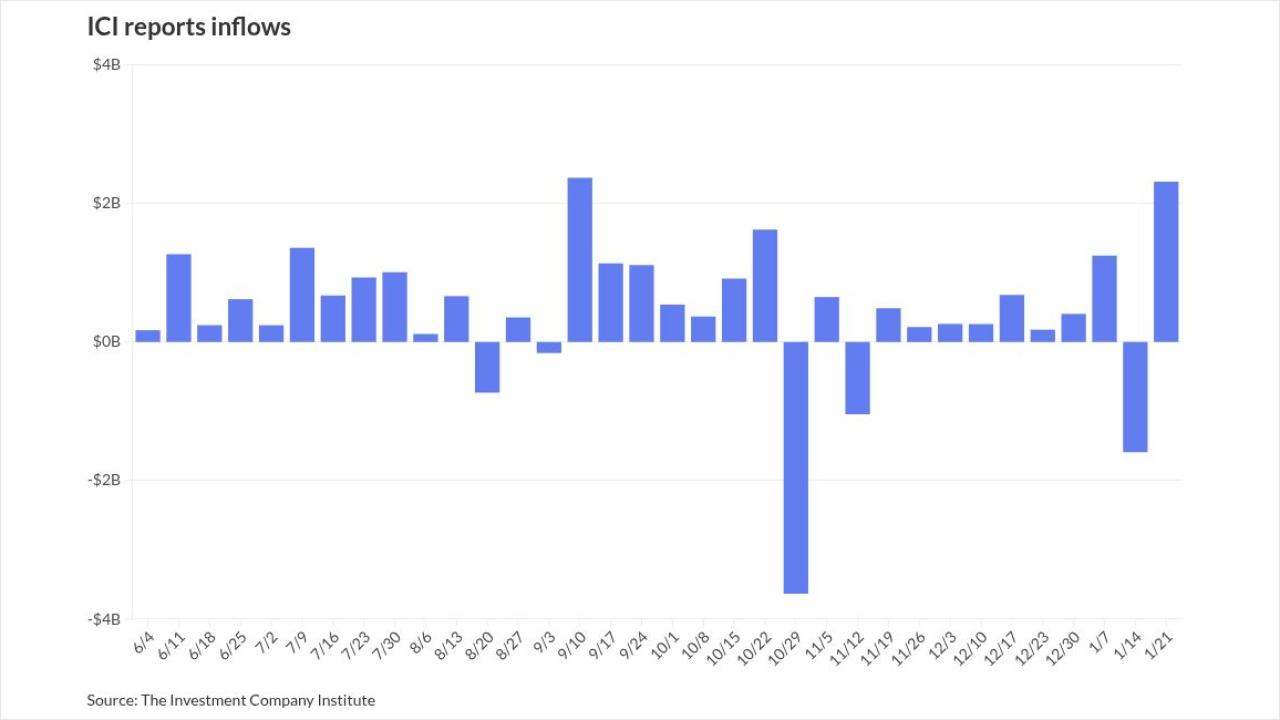NEW YORK - New York Federal Reserve Bank President William Dudley said Friday U.S. inflation pressures are likely to stay subdued, given global economic conditions and the latest domestic indications.
Dudley, answering reporters' questions following a briefing on the regional economy and education, said Friday morning's read on fourth-quarter GDP and inflation is "going to be more indicative" of the near future "than the bubble of inflation that we saw around the middle of the year."
He described the advance GDP report's PCE deflator, an inflation measure that tracks changes in personal consumption, as "very benign, a very low reading for inflation," and "significantly below the 2% target" the Fed officially expressed for the first time just this week.
"What we've seen in recent months is significant deceleration in inflation pressures," Dudley said. "Commodity price pressures have abated," as have supply issues in the aftermath of Japan's earthquake and tsunami last March.
Given the expected global slowdown this year "and significant slack in U.S. growth," he said, inflation should "remain quiescent."
On unemployment, the New York Fed chief said he expects a "still quite high" jobless rate by year-end, despite what he foresees as a "gradual decline in the unemployment rate over the next year or two."
Near-term job creation is likely to be "not that different" from its recent pace, and "stronger than we maybe saw a year or two ago," he said.
Dudley reiterated that U.S. unemployment, at 8.5%, is still "unacceptably high."
He dismissed the notion the Fed's announcement this week that it will keep short-term interest rates near zero through 2014 constituted a sign of panic among monetary policy makers.
"I don't sense any panic whatsoever," he said, rather the Federal Open Market Committee extended its low-interest-rate period forecast from its previous mid-2013 endpoint to late 2014, a move that reflected the unemployment, inflation and broader economic outlook.
"The point is not to keep these interest rates indefinitely," Dudley said. "The point is to generate (growth) ... so we can normalize interest rates in the future."
He also said it is likely that meaningful deficit reduction and fiscal reform will have to wait till after the November presidential election.
Market News International is a real-time global news service for fixed-income and foreign exchange market professionals. See





